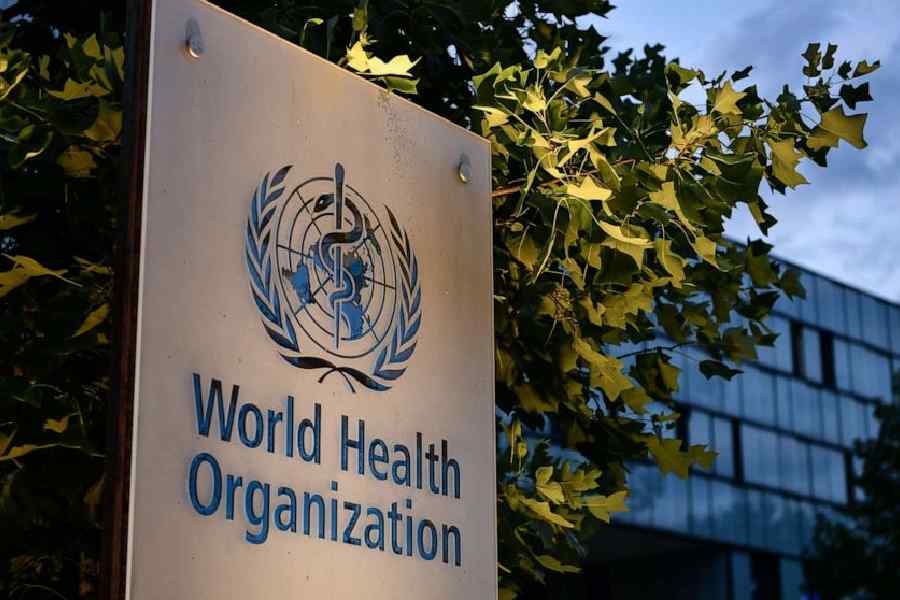The World Health Organisation said on Wednesday that there was no conclusive evidence linking paracetamol use in pregnancy to autism, echoing experts who have questioned statements from US health agencies and President Donald Trump urging pregnant women to avoid the drug.
The exact causes of autism have not been established, and multiple factors can be involved, the WHO said in a statement released two days after Trump and US health agencies urged minimising the use of paracetamol in pregnancy.
At a media conference on September 22, Trump said the use of Tylenol during pregnancy can be associated with a very increased risk of autism, referring to a widely used brand of fever-reducing and pain-relieving medication also known as acetaminophen or paracetamol.
“So taking Tylenol is not good,” Trump said. “All right, I’ll say it: it’s not good.”
In line with Trump’s comments, the US Food and Drug Administration released a statement saying doctors should consider “minimising the use of acetaminophen during pregnancy for routine low-grade fevers”. The US Centers for Disease Control also said pregnant women should “consider avoiding acetaminophen during pregnancy”.
Medical experts, concerned that the statements could create confusion for doctors and patients, have challenged these advisories.
Suggestions that acetaminophen use in pregnancy causes autism are “irresponsible” when considering the harmful and confusing message they send to pregnant patients, said Steven Fleishman, president of the American College of Obstetricians and Gynaecologists.
In over two decades of research on acetaminophen use and pregnancy, Fleishman said in a statement, “not a single reputable study” has successfully concluded that the use of acetaminophen in any trimester of pregnancy causes neurodevelopmental disorders in children.
He said studies frequently pointed to as evidence of a causal relationship, including a review published in August, include the same methodological limitations — they lack control for other factors that could influence the results or use unreliable self-reported data.
“Acetaminophen or paracetamol is one of the safest anti-fever and pain-relieving drugs that is prescribed to pregnant women,” said Soumya Swaminathan, former chief scientist with the WHO and former director general of the Indian Council of Medical Research.
“The alternatives carry higher risks — untreated fevers themselves have potential to do harm to the foetus,” Swaminathan told The Telegraph. “But it’s also important for people to understand that any medicine should be used with caution during pregnancy, only under medical guidance, and only for as long as needed.”
The WHO, in its statement, said extensive research has looked into links between acetaminophen use during pregnancy and autism. “At this time, no consistent association has been established.”
The Federation of Obstetrics and Gynaecological Societies of India (FOGSI) will release a similar statement by this weekend to prevent any confusion that may have emerged as a consequence of the statements from the US, said Bhaskar Pal, FOGSI’s president-elect in Calcutta.
In pregnancy, paracetamol is prescribed when needed for fever, pain or headaches, which could be an early sign of a potentially serious condition called preeclampsia, and other pains.
“Some of the conditions for which doctors prescribe paracetamol can be far more dangerous to the pregnant woman or her foetus than any risk associated with the drug,” Pal said.
Available evidence suggests that autism arises from an interplay of genetic, environmental and biological factors. Highlighting the complexity of autism, the US-based Coalition of Autism Scientists said in a statement: “The vast majority of autism researchers understand that there is not a singular cause of autism.”
The WHO said nearly 62 million people (1 in 127) have autism spectrum disorders, a diverse set of conditions related to the development of the brain.











